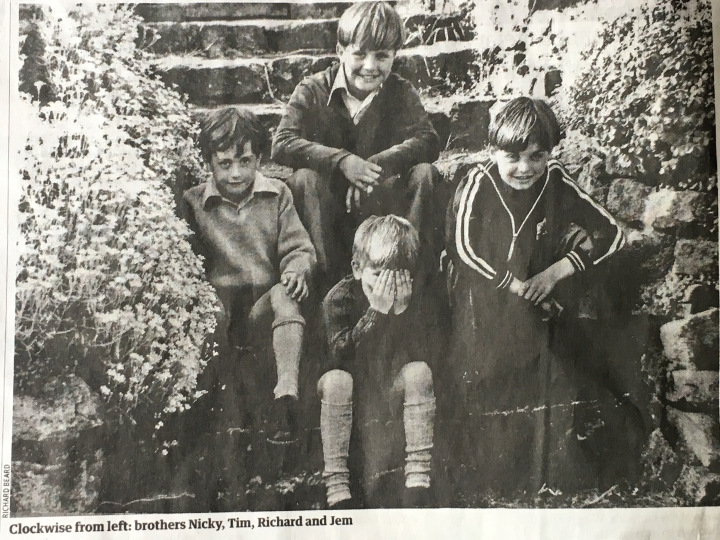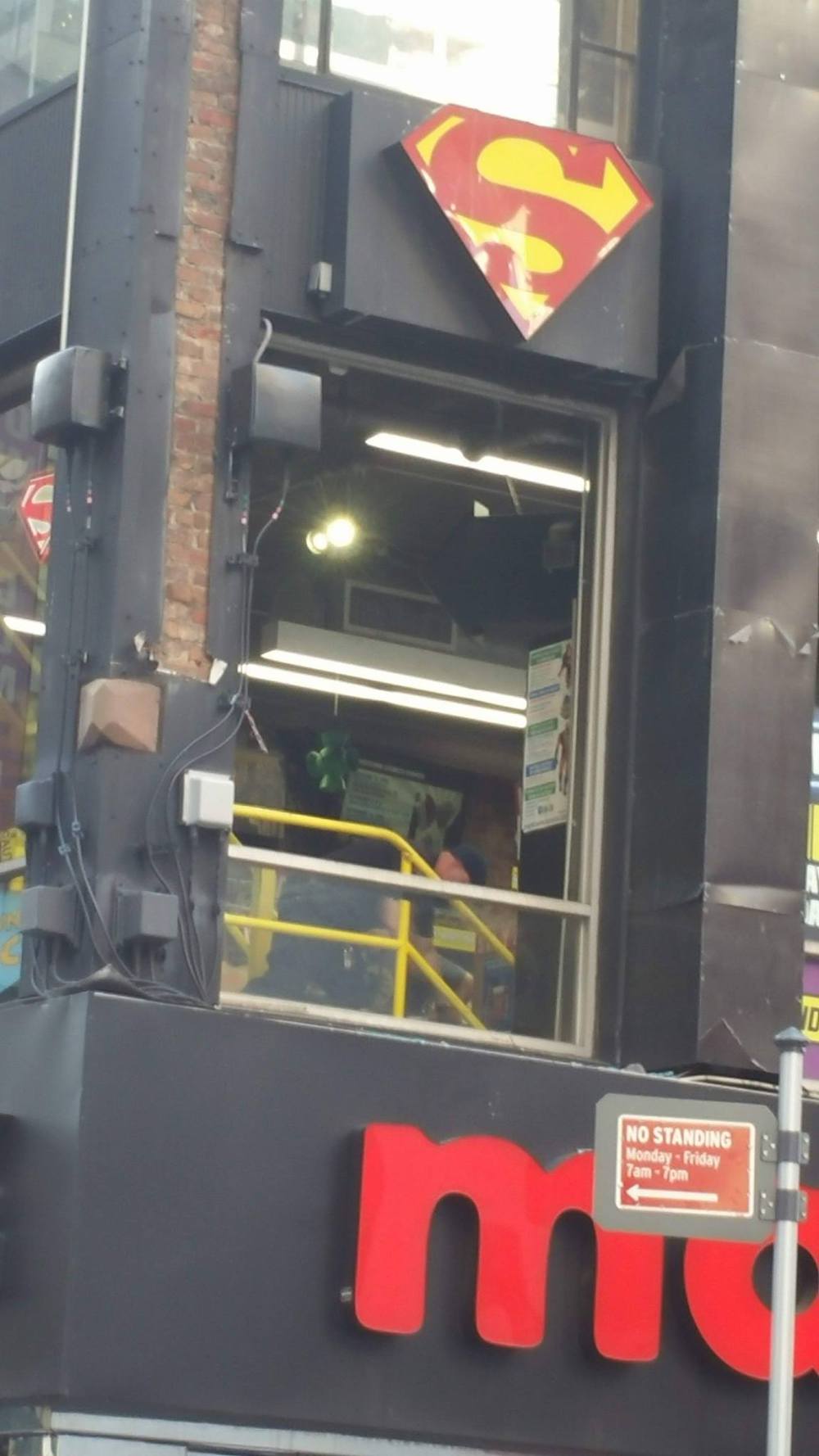 I have a bed by the window, with a third floor view. It is quite literally a birds eye view. Just outside the window a wood pigeon is nesting. It’s a toss up whether I’m still in here when her chicks are hatched. Maybe it will be on Easter Day? Watch this space… Does my hope that I see her offspring mean I’m getting institutionalised?
I have a bed by the window, with a third floor view. It is quite literally a birds eye view. Just outside the window a wood pigeon is nesting. It’s a toss up whether I’m still in here when her chicks are hatched. Maybe it will be on Easter Day? Watch this space… Does my hope that I see her offspring mean I’m getting institutionalised?
It’s the highlight of my day to see this bird outside enjoying the sun, doing what comes naturally.
Jesus’ thoughts about the birds of the air come to mind, that our Heavenly Father looks after them and he will look after us too.
But the other bird in the Holy Week story also comes to mind. It’s only a bit part but the cockerel announces not just the denial of Peter but the dawn of the most momentous day. He shouts out that Jesus was right, that Peter is a sinner, that he denies the Lord of Life. And with Peter’s shame, the cockerel’s cry heralds that we too are sinners of such immense proportion that we need God himself to step down from heaven and offer his own blood. Peter wept at his sin and so should we as we approach the remembrance of that day.
 Denial is a strange thing. I was reading a book review in the Guardian newspaper the other day. It is a non-fiction book by author Richard Beard. His life has been significantly effected, possibly even shaped, by the death of his younger brother Nicky on a family holiday in Cornwall. Coming from an upper class family who adhered to the ‘stiff upper lip’ policy, the death was never discussed, either at home or elsewhere. So this book is therapy for Richard as he has unpacked the events of 50 years ago. The book is called “The day that went missing” and is the attempt to restore that missing day.
Denial is a strange thing. I was reading a book review in the Guardian newspaper the other day. It is a non-fiction book by author Richard Beard. His life has been significantly effected, possibly even shaped, by the death of his younger brother Nicky on a family holiday in Cornwall. Coming from an upper class family who adhered to the ‘stiff upper lip’ policy, the death was never discussed, either at home or elsewhere. So this book is therapy for Richard as he has unpacked the events of 50 years ago. The book is called “The day that went missing” and is the attempt to restore that missing day.
Dr Roger Gill talks about denial and it’s harmful effects. We all use denial and avoidance in situations that are potentially stressful or harmful. But denying truths can be very harmful to the psyche. The way out of it is to surround yourself not with people who will reinforce the denial but with people who will gently challenge those untruths.
Witness the way Jesus gently deals with Peter’s denial. Now out of the stressful situation of the arrest and sitting around a campfire, Jesus doesn’t directly confront Peter with his denial. Instead he takes him on a journey deeper into the truths of love and a calling to pastoral care. Do you love me… feed my sheep. Peeling away the lies that would destroy relationship (the lie that denies the connection between Peter and Christ) Jesus reinstated his disciple, replacing denial with truth, betrayal with trust, abandonment with love.
Denial is a tricky thing. As Donald Rumsfeld used to say ‘There are unknown unknowns’ – things that we do not know we do not know. I remember studying the Johari Window in counselling training.
 It is most tricky when we lie to ourselves as well as to others. But Jesus Christ, by his Gentle Spirit, reveals truth to us when we ask it of him.
It is most tricky when we lie to ourselves as well as to others. But Jesus Christ, by his Gentle Spirit, reveals truth to us when we ask it of him.
Jesus’ restoration of Peter was all about the disciple. And that’s typical of Jesus. He gently replaces the brutality of the denial with that piercing question of truth. ‘Do you love me?’
His love for us means a peeling away of our little daily denials and a growing in Christlikeness. May we all be open to Christ ministering his truth into our denials this Easter time.
You can read the story of Peter’s denial and restoration here.
Share this:




